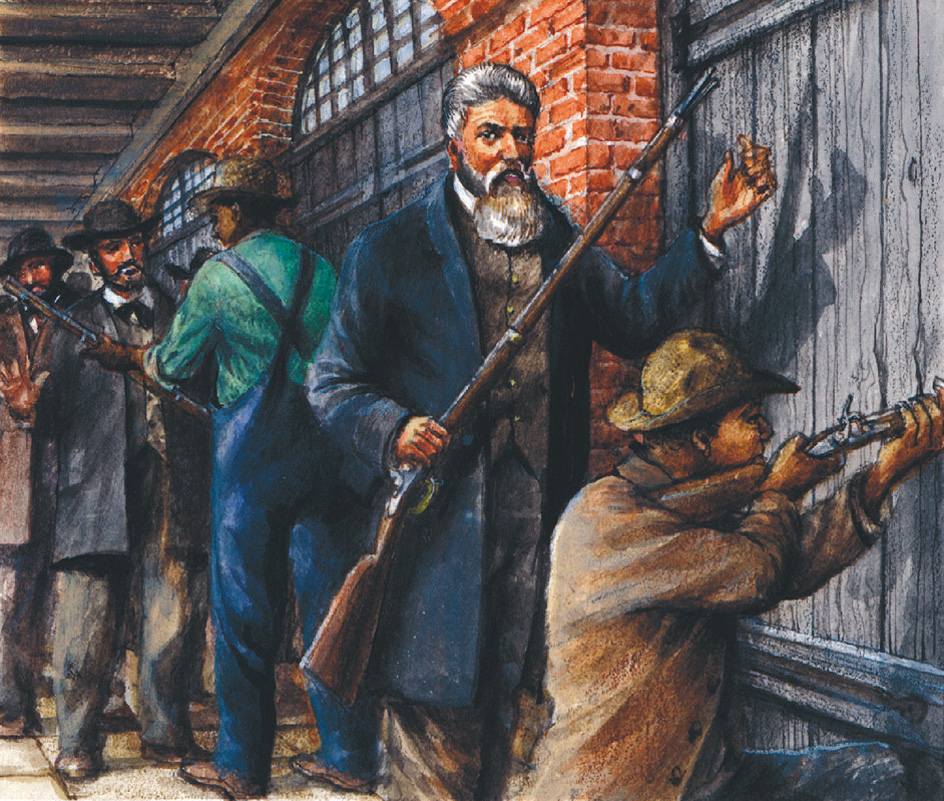Treason << TREE zuhn >> once meant disloyalty to a sovereign ruler, such as a king. People who criticized the ruler’s policies and actions might find themselves convicted of treason. But today, the meaning of treason has changed. The people in the United States or other democratic countries can criticize the government and work as freely as they like for the election of a new government. The U.S. Constitution defines treason as:
“Treason against the United States shall consist only in levying war against them or in adhering to their enemies, giving them aid and comfort.” See Constitution of the United States (Article III) .
This definition protects the right of citizens to oppose the actions of their government in all reasonable ways. Congress determines the penalties for treason against the United States. Many states have laws against treason. Death or life imprisonment is the usual penalty. A person convicted of treason is usually called a traitor.
A famous case of treason involved John Brown, an abolitionist who led a raid against the U.S. arsenal at Harpers Ferry in western Virginia (now West Virginia). The raid occurred in October 1859, and Brown was captured soon afterward. He was convicted of charges of treason and hanged. Another famous U.S. trial for treason was that of Aaron Burr, the third Vice President. Burr was found not guilty.

